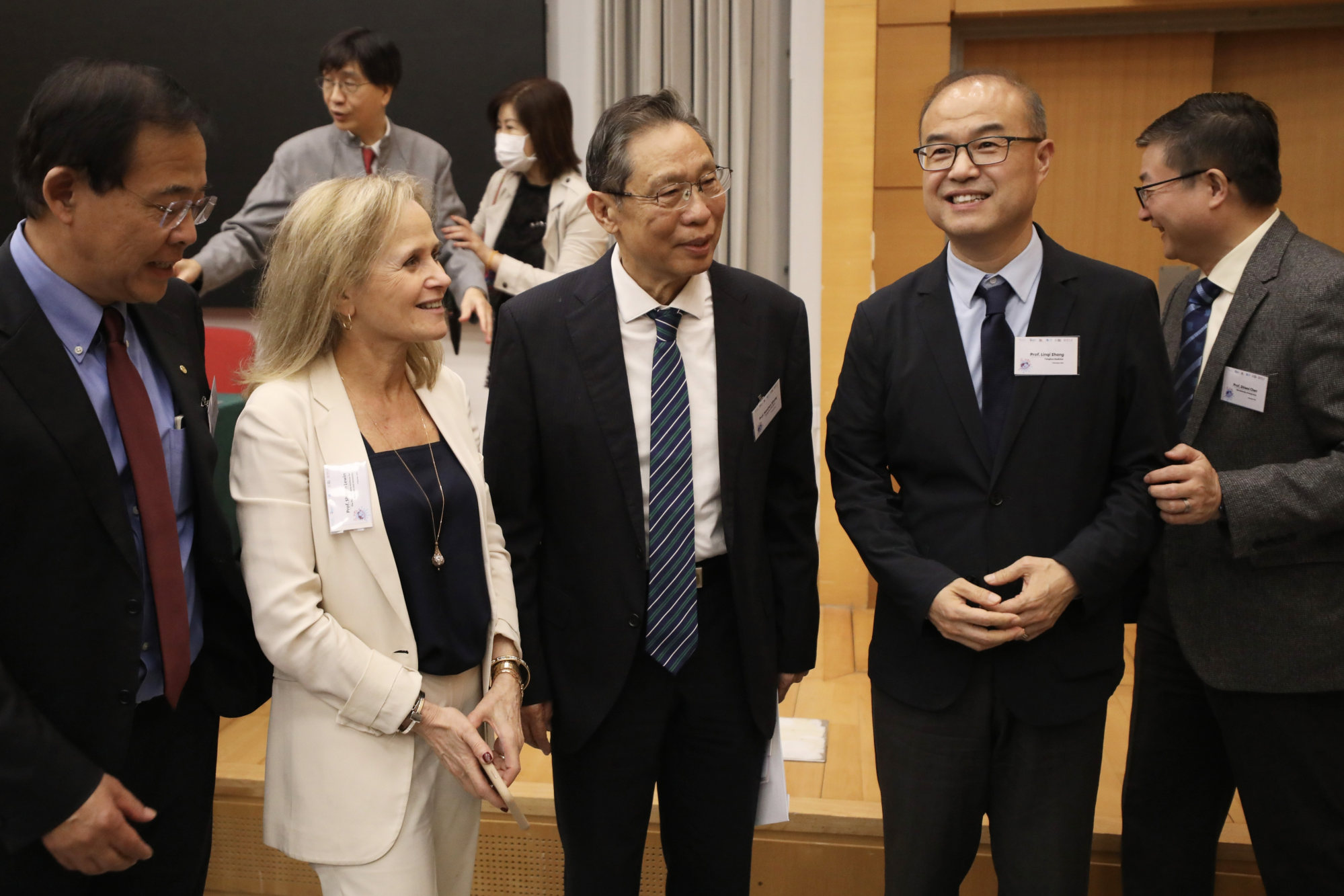Hong Kong disease expert, global research alliance vow to focus studies on flu and coronaviruses in bid to prepare for next pandemic
“Influenza is the first on the list, because of its ability to mutate … we have so many animal influenza viruses on board,” he said. “The second, of course, are coronaviruses. We have so many coronaviruses and have had so many outbreaks.”
The alliance’s membership also includes scientists from University of Melbourne’s Doherty Institute in Australia, Singapore’s Duke-NUS Medical School, as well as Guangzhou National Laboratory and Tsinghua University on the mainland.
Yuen said the organisation also hoped to study other conditions such as the paramyxovirus, which is linked to the fatal Nipah virus, and enteroviruses, which mostly cause illness among youngsters.

According to the group, their aims include identifying how animal viruses jump to humans, discovering faster methods of detecting human patient zeros among new diseases with pandemic potential, as well as designing tests, treatments and vaccines ahead of expected outbreaks.
Renowned virologist Ho, who is acclaimed for discovering the efficacy of a cocktail antiretroviral treatment for HIV, expressed concern about viruses that could be directly transmitted between humans, especially respiratory illnesses such as coronaviruses.
“We have witnessed what has transpired over the last four years – Covid,” he said.
Zhong of Guangzhou National Laboratory said his institution had identified more than 50 diseases that could jump from animals to humans, 21 of which were coronaviruses.
Alliance members noted that about 75 per cent of emerging pathogens could be traced back to animals.
‘Better to work together’: world must learn from Covid-19, expert says
Yuen also cited projections from think tank the Centre for Global Development showing there was up to a 57 per cent chance of another Covid-scale pandemic taking place in the next 25 years.
The HKU scholar said the alliance hoped to maintain normal life when the next pandemic emerged, preventing the “paralysis” of public healthcare systems and the estimated economic loss of US$16 trillion amid the first two years under Covid-19.
HKU, the University of Cambridge and the International Vaccine Institute last month banded together to establish the Hong Kong Jockey Club Global Health Institute, a separate international effort to accelerate vaccine research and enhance pandemic preparedness.

On Monday, the Pandemic Research Alliance also discussed a surge in infections among children caused by mycoplasma pneumoniae and reassured the public that the condition was easy to treat.
Doctors in Hong Kong earlier said more than 100 cases had been logged at public hospitals each month since September.
Columbia Univeristy’s Ho said: “[Mycoplasma pneumoniae] has been a known bacterial infection for a long time, ever since I was a medical student. It is treatable. I don’t anticipate that it will blossom the way Covid [did].”
Zhong noted that the bacteria roughly accounted for up to 30 per cent of the about 1,000 daily fever cases daily at the Beijing Children’s Hospital, adding there was no past comparable data since such causes of fevers were not previously checked.
But the top infectious disease expert said the condition could be treated with the appropriate medication. “I don’t think there is a problem … It’s a known pathogen, people should not worry about that,” he added.
‘Cycle of panic and neglect’: is the world prepared for the next pandemic?
Yuen explained that people of all ages, especially healthcare workers, would likely be infected if a circulating pathogen was a novel one, while data from Shenzhen showed that more than 90 per cent of cases with mycoplasma pneumoniae were children.
On the same day, Chinese University’s Professor Yeoh Eng-kiong put forward 13 proposals aimed at strengthening the Hong Kong government’s preparedness for the next pandemic.
The recommendations from the head of the university’s centre of health system and policy research included earlier engagement with the private sector to combat an epidemic, prioritising support for vulnerable groups and providing care services for those stuck in their homes.